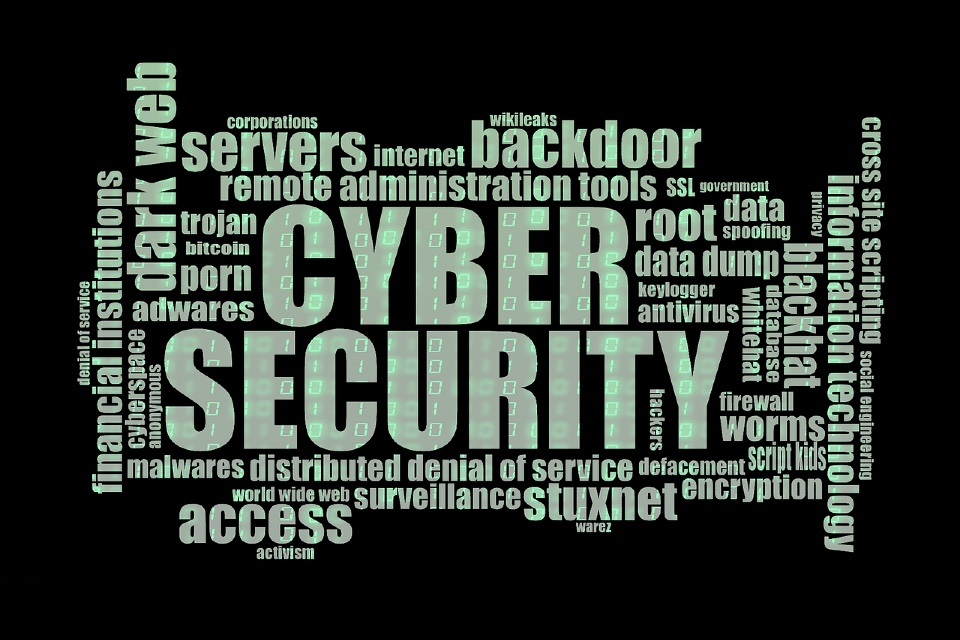Cyber security protects internet-connected systems like software, hardware, and data from all forms of cyber-attacks. Individuals and enterprises use cyber security to prevent unauthorised access to data centres and other computerised systems. Cyber security is instrumental in preventing attacks that disrupt or disable an entire organisation’s system operations. Here are some FAQs on cyber security…
What is a Cyber Security Breach?
A cybersecurity breach refers to unwanted access to apps, data, or networks. It happens when someone bypasses security protocols to gain access to these systems. Just like a robber, someone who breaches cybersecurity will break into one’s property to steal information.
There are many ways cybersecurity breaches can happen. Usually, criminals will take advantage of weak passwords to get into the system. Another way they can break in is through malware attacks, such as sending phishing emails.
What is the Main Purpose of Cyber Security?
Cyber security’s purpose is to prevent unauthorised access to the vast amount of personal information we store online and on our devices. It’s important because almost everyone uses computers, smartphones, and the internet. In fact, these things have become a necessity in our modern life, and it’s hard to imagine life without them.
Everyone using the internet is vulnerable to a cybersecurity breach, and that’s why it’s important that we all take the necessary steps to prevent cyber criminals from accessing our data online.
How Do I Protect my Business from Online Threats?
One of the ways to protect your business against online threats is through training. By encouraging your employees to take a business compliance training course, they will be made aware of cybersecurity threats and will know how to prevent them.
Business compliance and protection courses discuss the issue of cyber security and fraud awareness to combat the increasing number of online fraud and cybercrime. Many employees work from home, which further exposes them to cyber security. By educating your employees on how to identify fraud, they can protect themselves against online threats.
How Do You Create Strong Online Privacy?
Online privacy is essential for the safe browsing of the internet. There are many ways to create strong online privacy, and one of these is by updating your passwords regularly. When creating a password, use a combination of letters, special characters, numbers, and upper and lower case characters. Installing anti-virus software with browser protection is another way to build strong online privacy.
How do You Practice Safe Online Browsing?
Safe browsing is one of cyber security’s most important aspects. The best practices for safe browsing include setting up a firewall, installing antivirus software, updating passwords regularly, and learning to detect phishing emails from legitimate ones. Also, avoid using public Wi-Fi, especially if you are trying to access your bank accounts and other accounts that require logging in with a password.
Be very careful with the websites you visit when browsing the internet. Make sure you only visit legitimate and trusted websites that are safe and secure. Exercise caution when opening emails to protect yourself from phishing.





